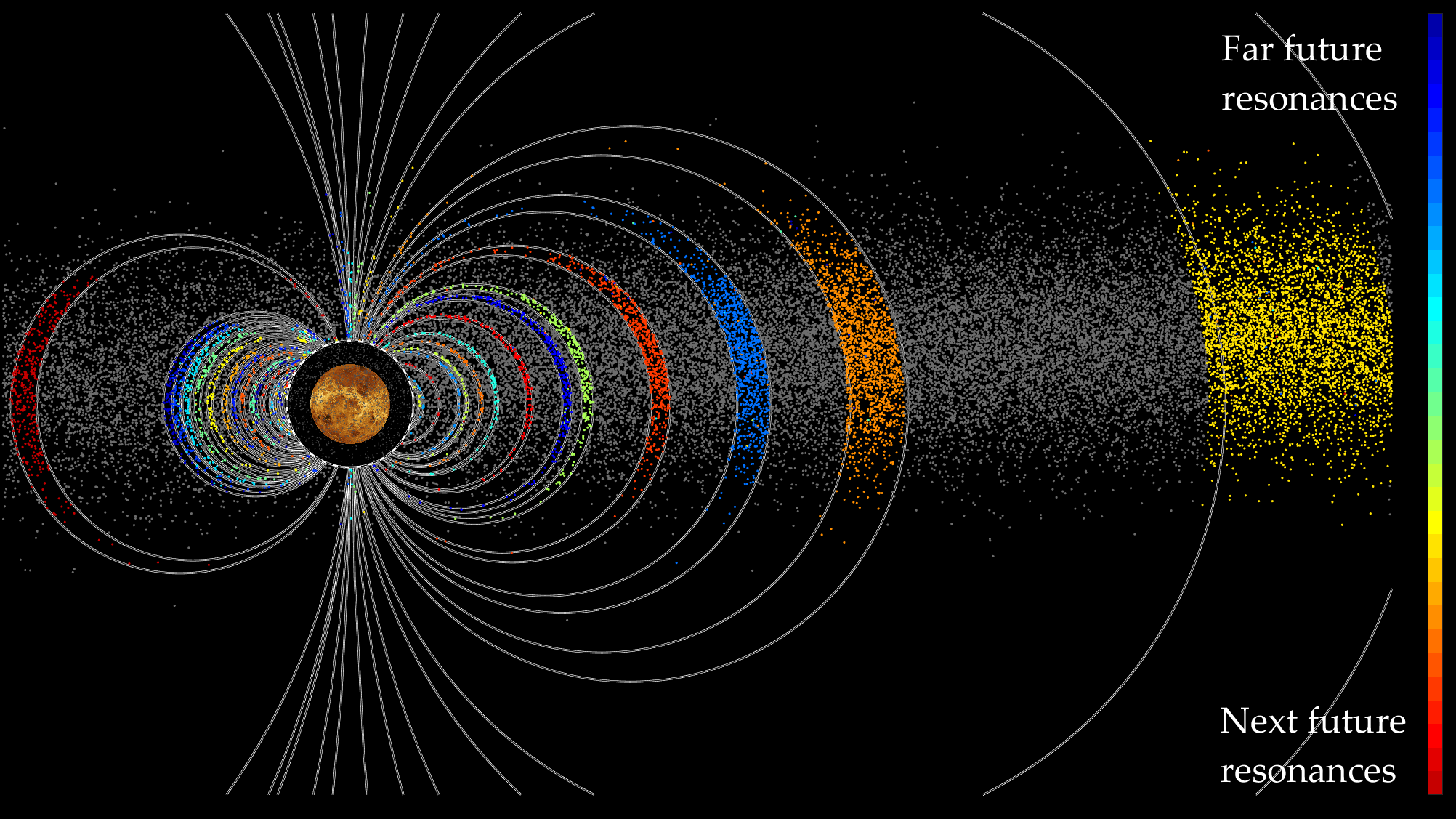Despite the increased availability of computational power, intensive analyses like trajectory propagation, planetary protection, re-entry prediction and flyby sequence selection are still not computationally efficient. Uncertainty propagation affects them all and is a bottleneck for trajectory design: so far, no better technique than Monte Carlo (MC)-based ones has been explored for high-fidelity applications. A-posteriori compliance analyses of a trajectory solution may require its disposal and to repeat the design process anew, MC uncertainty propagation included. The physical formulation can be improved using regularised perturbed motion, halving the cost of the existing MC-based techniques without any precision loss, and from advanced parallelisable integration schemes. The main advantage lies in the structure of the equations, as the dynamics is always almost linear. Density-based uncertainty propagation techniques can be improved and adopted in turn. Flybys' steep nonlinearities, causing the scattering effect in uncertainty propagation, can be handled fitting and sampling the uncertainty and with domain splitting techniques. The proposed developments can implement the new numerical object “Robust orbit”, carrying the evolving uncertainty across the propagation of the nominal trajectory. Part of the computational burden would be relieved, removing MC from the trajectory design iterations described above. Single leg implementations without flybys can easily validate the concept. The proposed uncertainty propagation approach is applicable to different astrodynamics problems. Computing impact probabilities for planetary protection becomes more efficient, furthermore minor extensions would make it suitable for the analysis of space debris. “Robust design” best summarises the purposes of this work, as it is the first step toward embedding uncertainty propagation in the trajectory design process aiming not to assess its effect as an a-posteriori compliance check.

